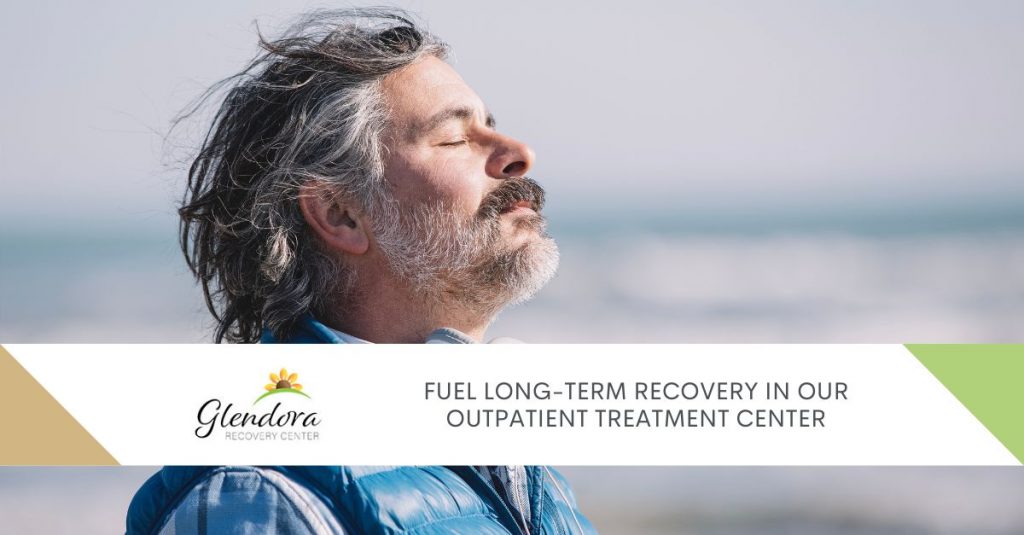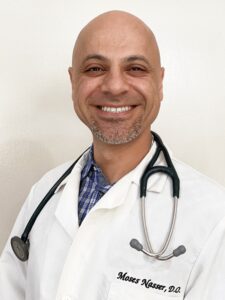A crucial step in the recovery process from addiction is the shift from inpatient rehab to daily living. In this process, outpatient therapy becomes an essential link that paves the way from structured clinical care to independent, sober life. Glendora Recovery Center, is an outpatient treatment center and we see outpatient treatment as an integral part of the continuum of care, crucial for long-term recovery, rather than merely a follow-up.
The Continuum of Care
An outpatient treatment center is there to be a provider of an essential component of the recovery process, allowing for a smooth transition from the organized setting of inpatient rehabilitation to the challenges of the outside world. It’s an approach that progressively improves the individual’s freedom while yet providing ongoing support..
Maintaining Momentum
During this stage of care, it is important that the progress gained during inpatient therapy is maintained and built-upon. Under continuous supervision and assistance from addiction specialists, this approach enables people to implement the abilities and healthy coping skills acquired during their time in rehab into their everyday life.
It’s also crucial to take into account the emotional adjustments associated with moving from inpatient to outpatient setting when exploring the continuum of care. This change often involves facing the realities of daily life while continuing to nurture the seeds of recovery planted in a more controlled environment. Glendora Recovery Center’s outpatient treatment provides a steady, supporting environment which acts as a safety net during this critical time by enabling patients to test and reinforce their newly acquired skills in a real world setting.
Benefits of Staying Sober
Physical and Mental Transformation
When keeping a sober way of living, significant alterations happen in both the body and brain. Improvements in general health, energy levels, and quality of sleep are frequently noticed on a physical level. Mentally, better mental health, emotional control, and clarity of thought are all fostered by sobriety.
Long-term Health Improvements
As the body and mind continue to grow and recover the chance of relapsing drops, cognitive abilities increase, and the chance of developing chronic illnesses declines. This turnaround emphasizes how crucial it is to keep up with sober life and outpatient treatment as these long-term changes are essential for sustained recovery.
Even after the earliest phases of recovery, maintaining sober via outpatient therapy also results in significant lifestyle adjustments. People get better at replacing bad habits and negative patterns for healthy behaviors. This lifestyle shift not only supports sobriety but also enhances overall quality of life. Engaging in enjoyable hobbies, exercising regularly, and practicing mindfulness are examples of activities that can be included into daily routines to promote long-term well-being and avoid relapse.
Glendora’s Approach to Outpatient Care
At Glendora Recovery Center we recognize that each person’s road to recovery is unique. With an emphasis on a patient’s strengths and areas in need of extra assistance, our outpatient treatment center provides programs that are customized to each patient’s requirements.
The outpatient program at Glendora also places an emphasis on lifelong learning and personal development. Understanding addiction, learning to cope, and avoiding relapse are all cornerstones of our approach.
Comprehensive Support
Adding to the previous section, our approach also involves a multimodal therapeutic strategy that incorporates family counseling, individual and group therapy, and educational programs. This educational component ensures that participants are gaining a deeper understanding of themselves and their journey by enabling them to take responsibility for their sobriety and general well-being.
Developing Resilience in Real-Life Settings
Recovery skills are truly put to test through practical everyday scenarios. In order to strengthen resilience and sobriety, Glendora’s outpatient therapy gives patients the skills they need to deal with stress and triggers in their daily lives.
Additionally, our program promotes active participation in community events and support groups as a means of creating and fostering a supportive network outside of rehab. This involvement strengthens the knowledge acquired during treatment sessions by creating a sense of community while providing an extra degree of support.
Connecting with others who understand the importance of the recovery process, either through support groups or community resources, is crucial for continuous success.

Building A Strong Foundation For Long-Term Recovery
Bridging the gap between inpatient rehab and long-term sober living is a critical role of any outpatient treatment center. As part of the continuum of care we believe it’s vital to provide the necessary tools and assistance to negotiate the challenges of life after rehab. At Glendora Recovery Center, we’re dedicated to helping each person get through this crucial stage of their road to recovery.
Please get in touch with us through our website or give us a call for more information on our outpatient treatment center, our programs and other therapeutic offerings. Come along with us as we help you on your journey to a satisfied, sober life, helping you lay the groundwork for a long-lasting recovery.






